Understanding Acupressure:
Acupressure is a form of alternative medicine that involves applying pressure to specific points on the body to stimulate energy flow and promote healing. It is based on the same principles as acupuncture but relies on manual pressure instead of needles. The body's energy, or "qi," is believed to flow along meridians, and acupressure aims to balance and harmonize this energy.
Scientific Evidence:
While acupressure has been used for centuries, modern research is now shedding light on its potential benefits, particularly during pregnancy. Several studies have investigated the effectiveness of acupressure in addressing common pregnancy-related concerns:
Nausea and Morning Sickness: Acupressure has been studied as a potential remedy for nausea and vomiting during pregnancy (NVP). Research published in the "Journal of Obstetrics and Gynaecology" (2017) found that acupressure on the P6 point (located on the inner wrist) significantly reduced the severity of NVP symptoms in pregnant women.
Labor Pain Management: A study published in the "Journal of Midwifery & Women's Health" (2004) explored the effects of acupressure on labor pain. The results indicated that acupressure on specific points, such as the lower back and shoulders, was associated with decreased pain intensity and anxiety during labor.
Pelvic Pain and Discomfort: Pelvic pain is a common complaint during pregnancy. A study in the "Journal of Alternative and Complementary Medicine" (2017) investigated the effects of acupressure on pelvic pain and found that women who received acupressure reported a significant reduction in pain and improved overall well-being.
Stress and Anxiety Reduction: Pregnancy often comes with increased stress and anxiety. Research published in the "Journal of Clinical Nursing" (2017) suggested that acupressure may help reduce stress and anxiety levels in pregnant women, promoting a sense of calm and relaxation.
Acupressure is a form of alternative medicine that involves applying pressure to specific points on the body to stimulate energy flow and promote healing. It is based on the same principles as acupuncture but relies on manual pressure instead of needles. The body's energy, or "qi," is believed to flow along meridians, and acupressure aims to balance and harmonize this energy.
Scientific Evidence:
While acupressure has been used for centuries, modern research is now shedding light on its potential benefits, particularly during pregnancy. Several studies have investigated the effectiveness of acupressure in addressing common pregnancy-related concerns:
Nausea and Morning Sickness: Acupressure has been studied as a potential remedy for nausea and vomiting during pregnancy (NVP). Research published in the "Journal of Obstetrics and Gynaecology" (2017) found that acupressure on the P6 point (located on the inner wrist) significantly reduced the severity of NVP symptoms in pregnant women.
Labor Pain Management: A study published in the "Journal of Midwifery & Women's Health" (2004) explored the effects of acupressure on labor pain. The results indicated that acupressure on specific points, such as the lower back and shoulders, was associated with decreased pain intensity and anxiety during labor.
Pelvic Pain and Discomfort: Pelvic pain is a common complaint during pregnancy. A study in the "Journal of Alternative and Complementary Medicine" (2017) investigated the effects of acupressure on pelvic pain and found that women who received acupressure reported a significant reduction in pain and improved overall well-being.
Stress and Anxiety Reduction: Pregnancy often comes with increased stress and anxiety. Research published in the "Journal of Clinical Nursing" (2017) suggested that acupressure may help reduce stress and anxiety levels in pregnant women, promoting a sense of calm and relaxation.


